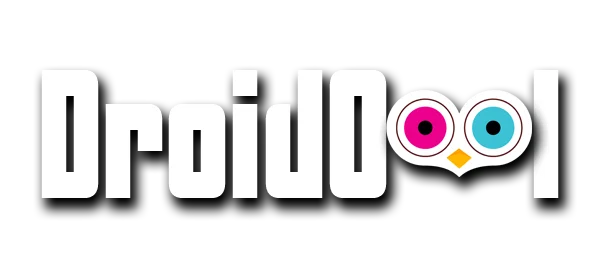Category Archives: Marketing
Think Like a Driver: How to Make Your Gas Station THE Place to Stop Ok, let's face it – gas stations aren't always…
Be the top dental clinic in town with DroidOwl's strategies. Excel in Google search results, and attract more patients!
The Paradox of Success: A Waiting Room Waiting for More Dr. James McCallister, a skilled orthodontist, found himself in a perplexing situation. He…
Transform your email marketing strategy with professional, engaging, and responsive email templates. Make every email a chance to impress and convert!
On-page is one of the most important aspects of optimizing your website for search engines. On-page refers to optimizing individual pages on your…
Boost your website's search engine rankings with a local link-building strategy. Learn how to create one in this comprehensive guide.
Gain an edge in local results with our expert tips on optimizing your Google My Business listing for better local performance.
Get ahead in local search with the power of social media. Explore the impact of social media on search performance and increase your…
Are you struggling to be found by local customers? NAP consistency could be the answer. Discover how consistent name, address, and phone info…
Learn how financial services businesses can benefit from local efforts. Increase visibility, attract targeted traffic, and gain a competitive edge. Optimize Google My…
DroidOwl is a premium agency that helps businesses thrive with customized, results-driven campaigns. Our team works with you to create a custom strategy that builds on your strength, maximizes your reach, and attracts the right audience.
Connect with Us
Address: 401 Anderson Street, 3B College Station, TX-77843 USA
Working Hours: 10 am - 7 pm
Call: +1 (979) 406-7170













